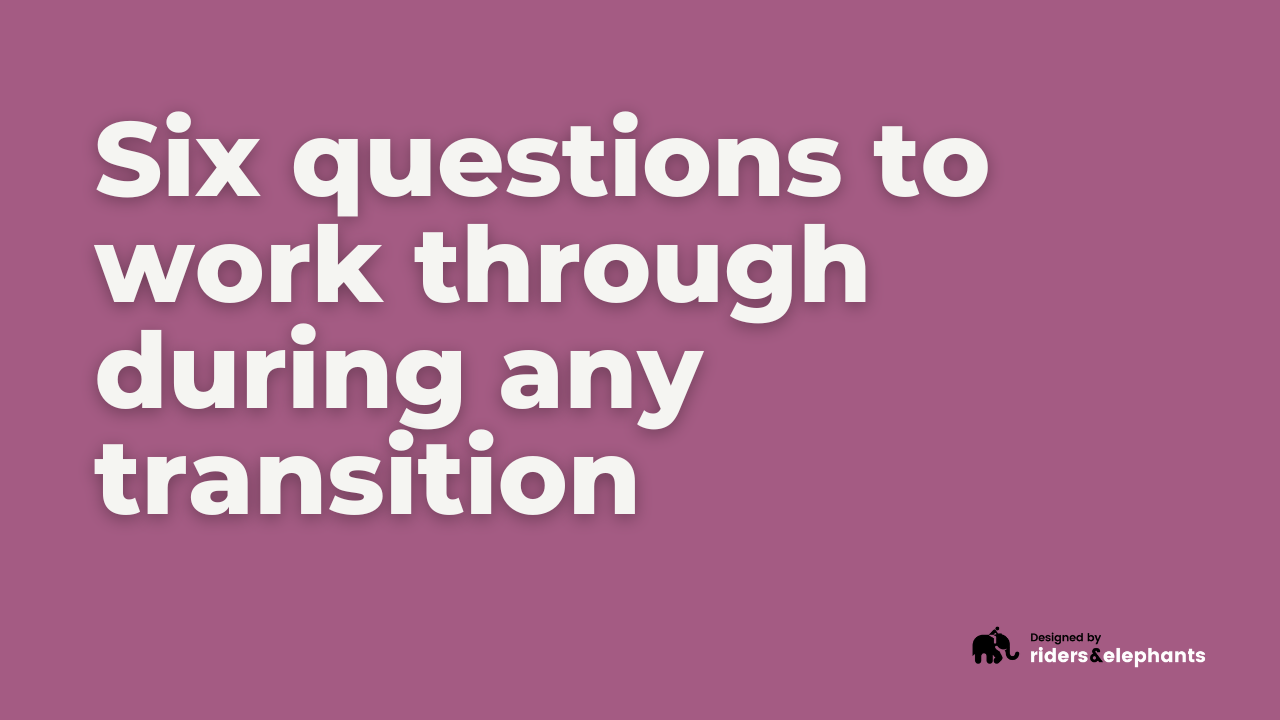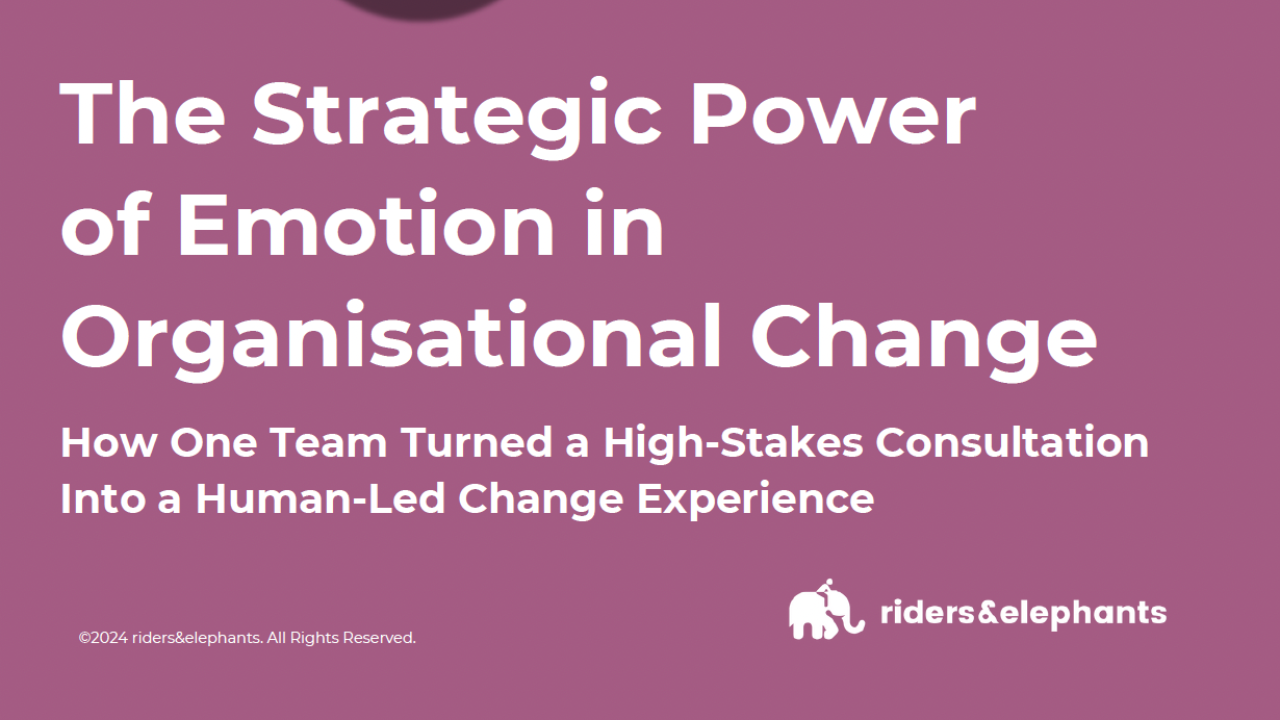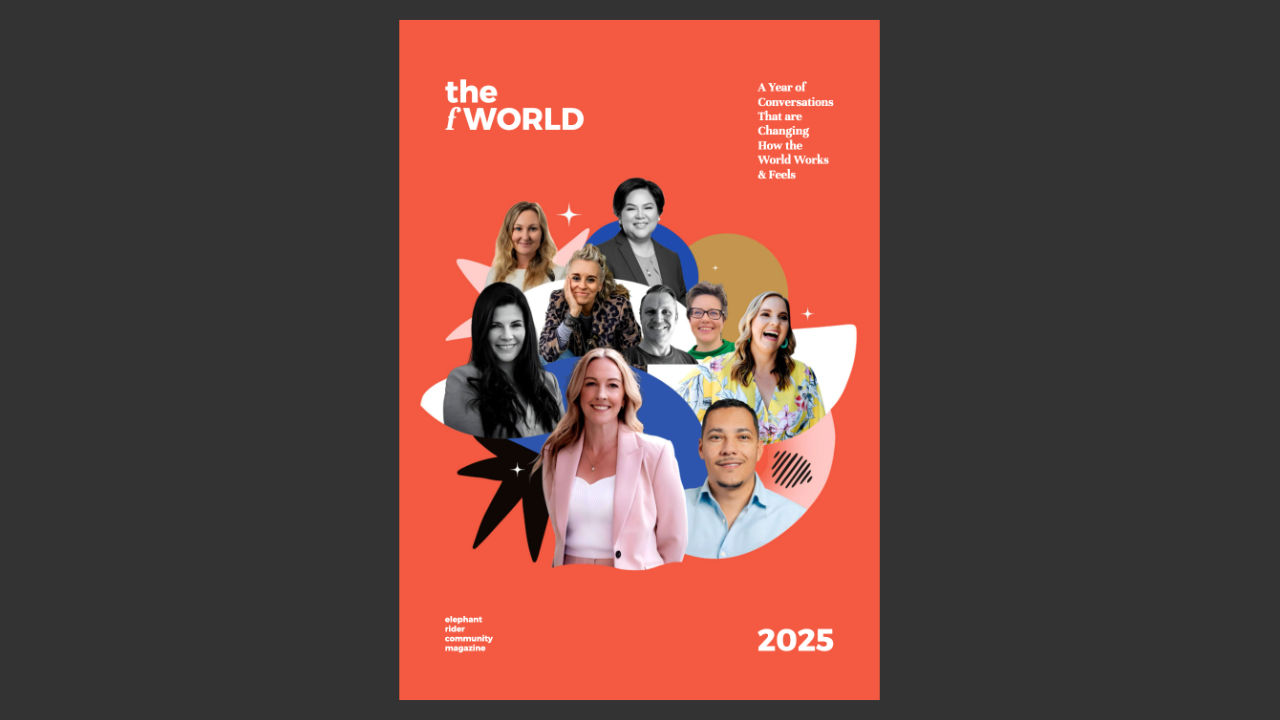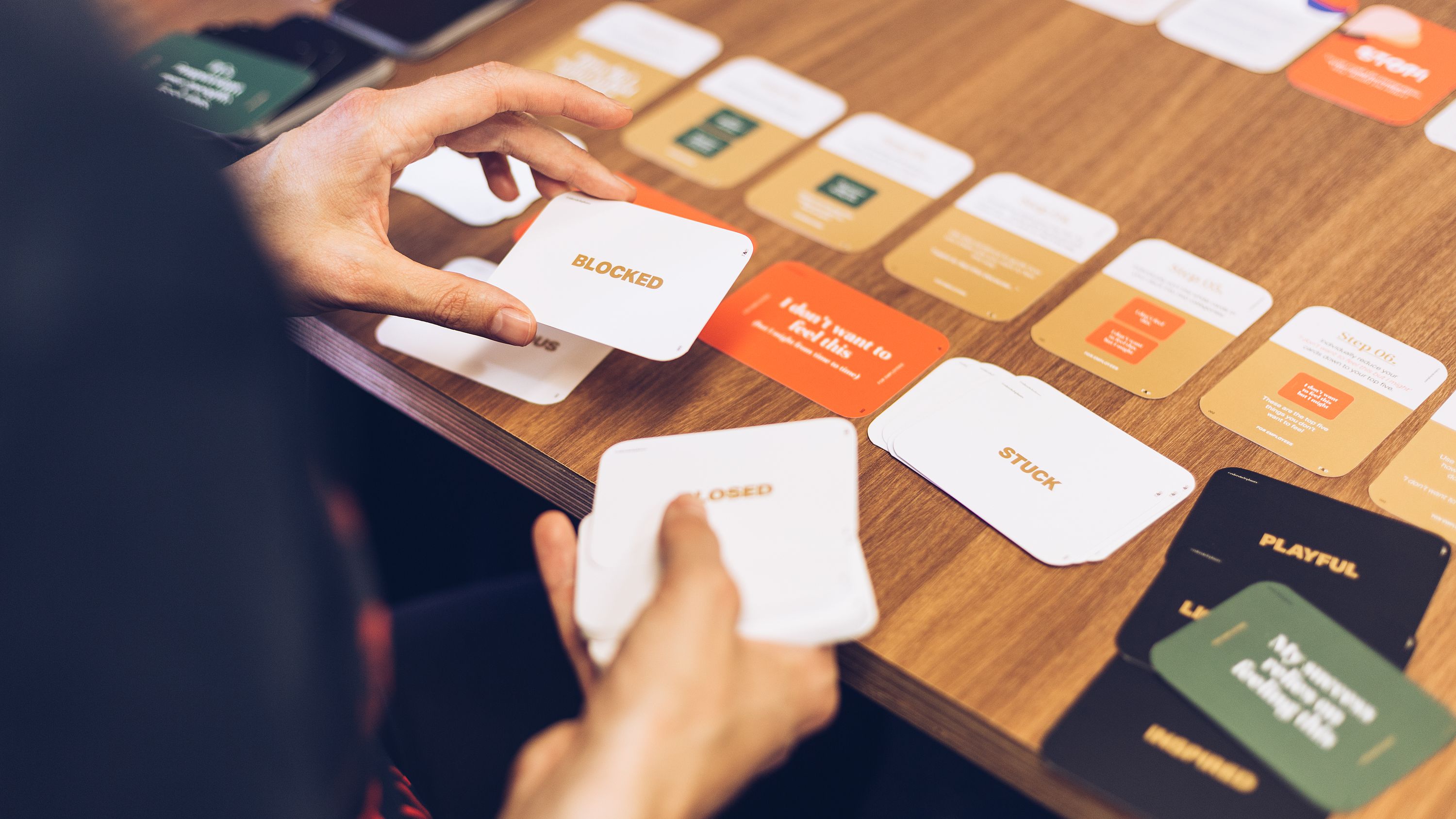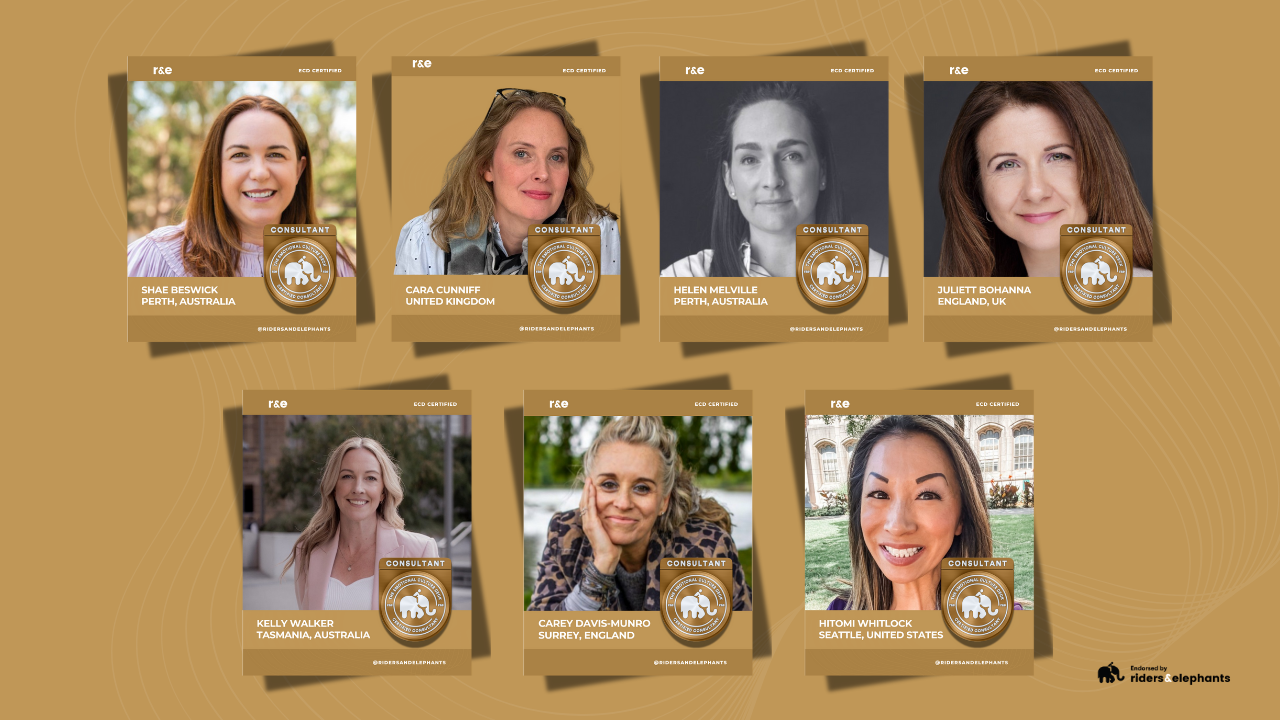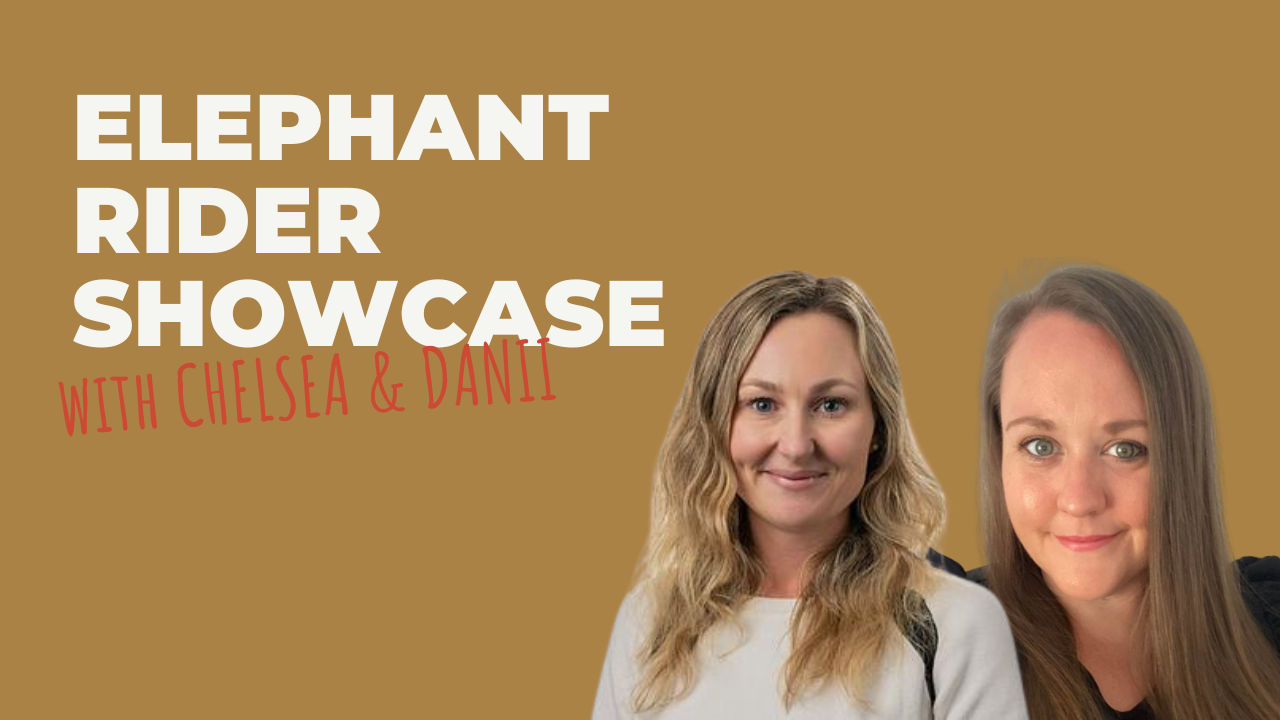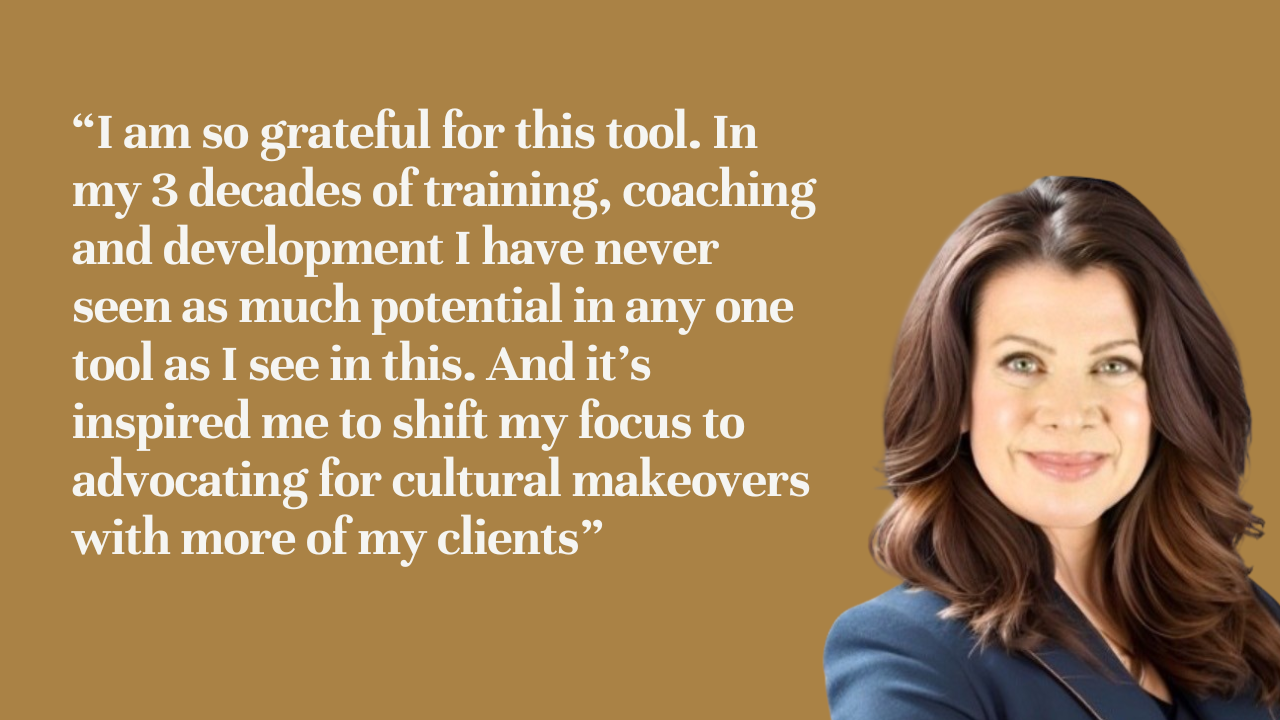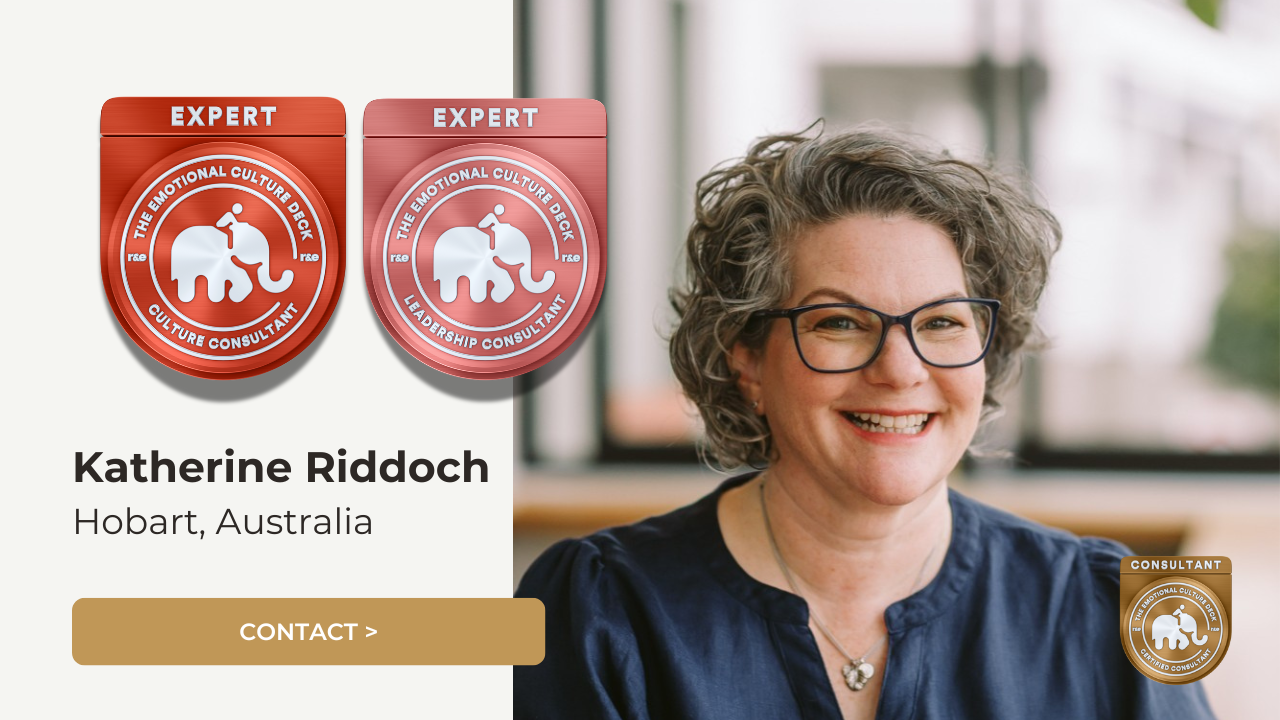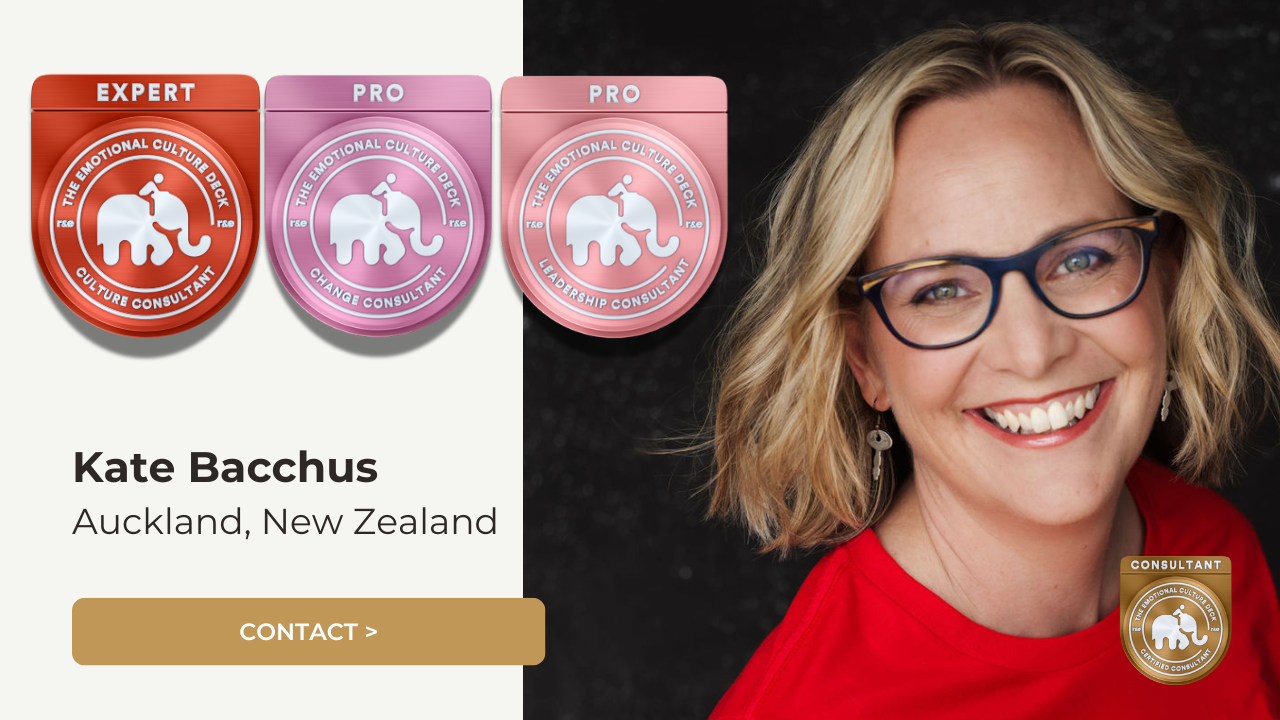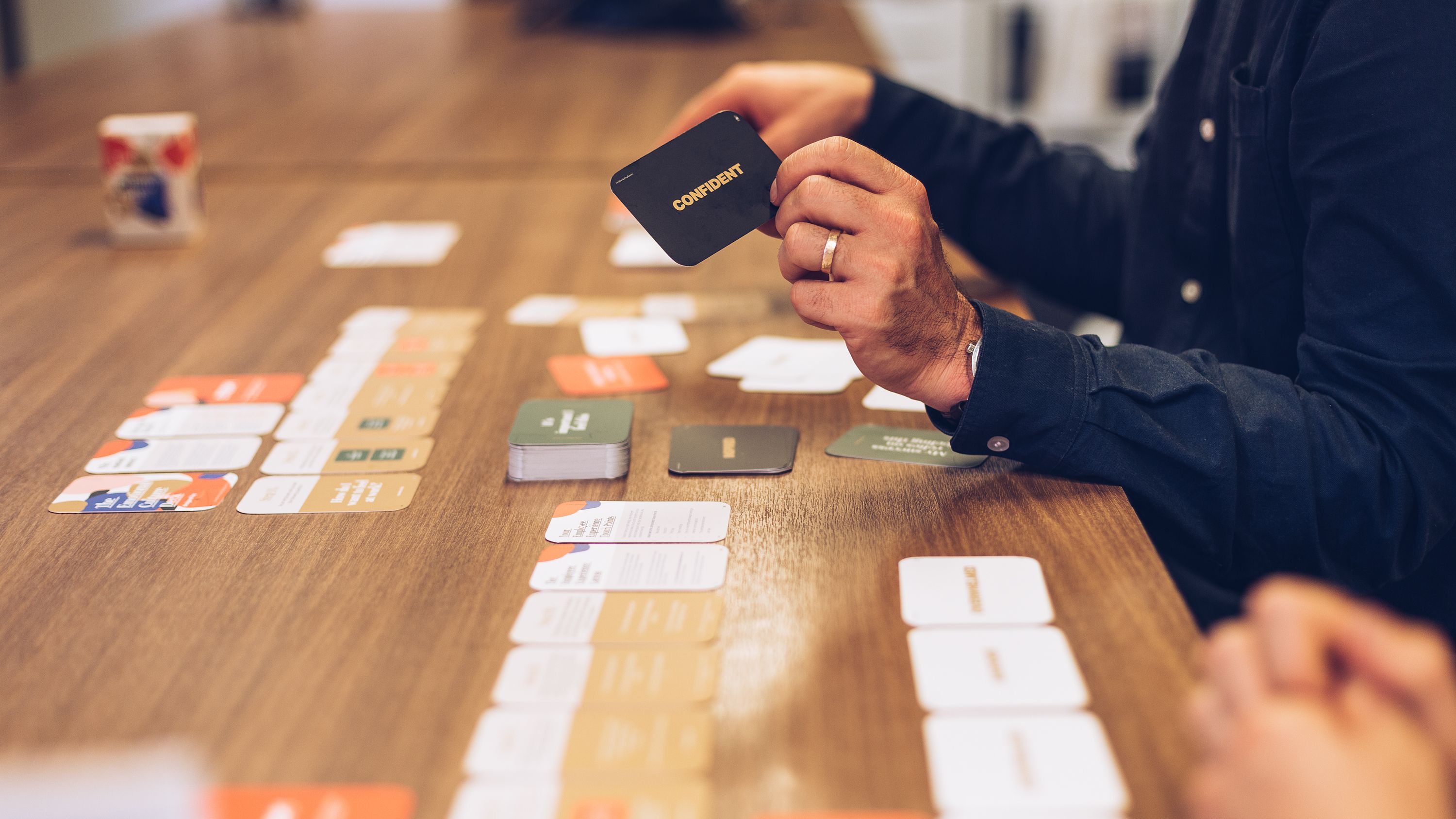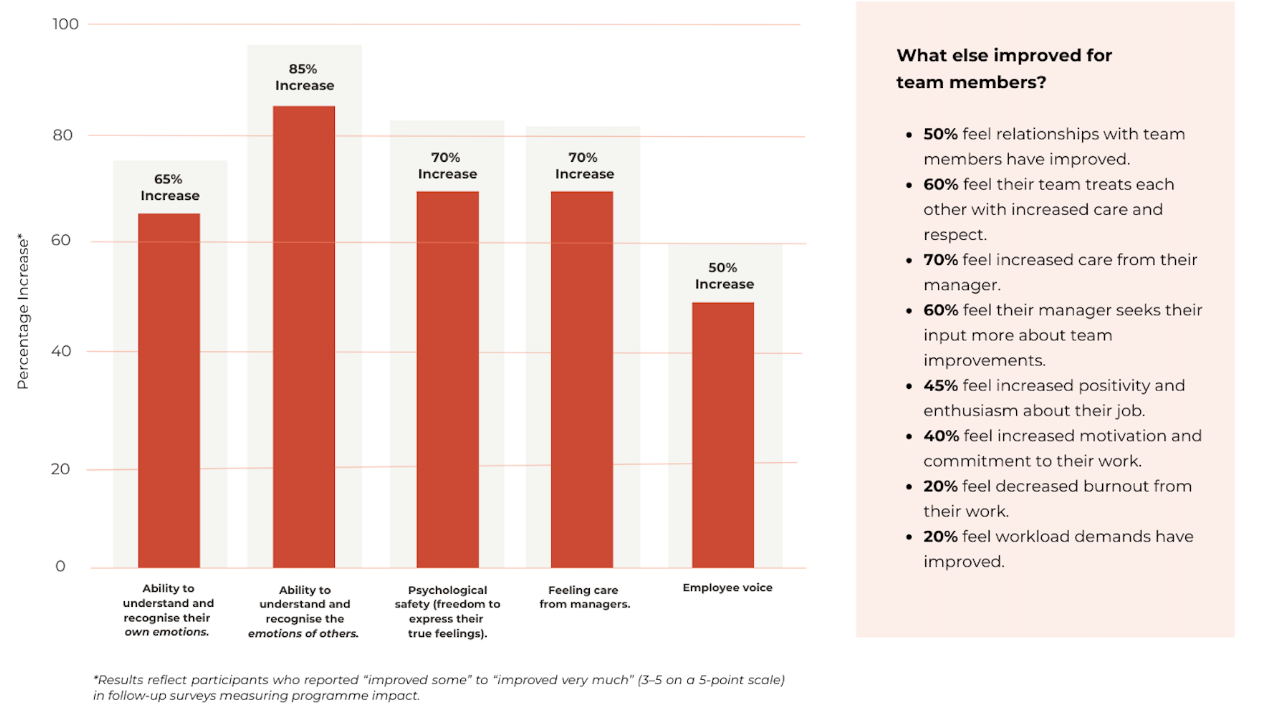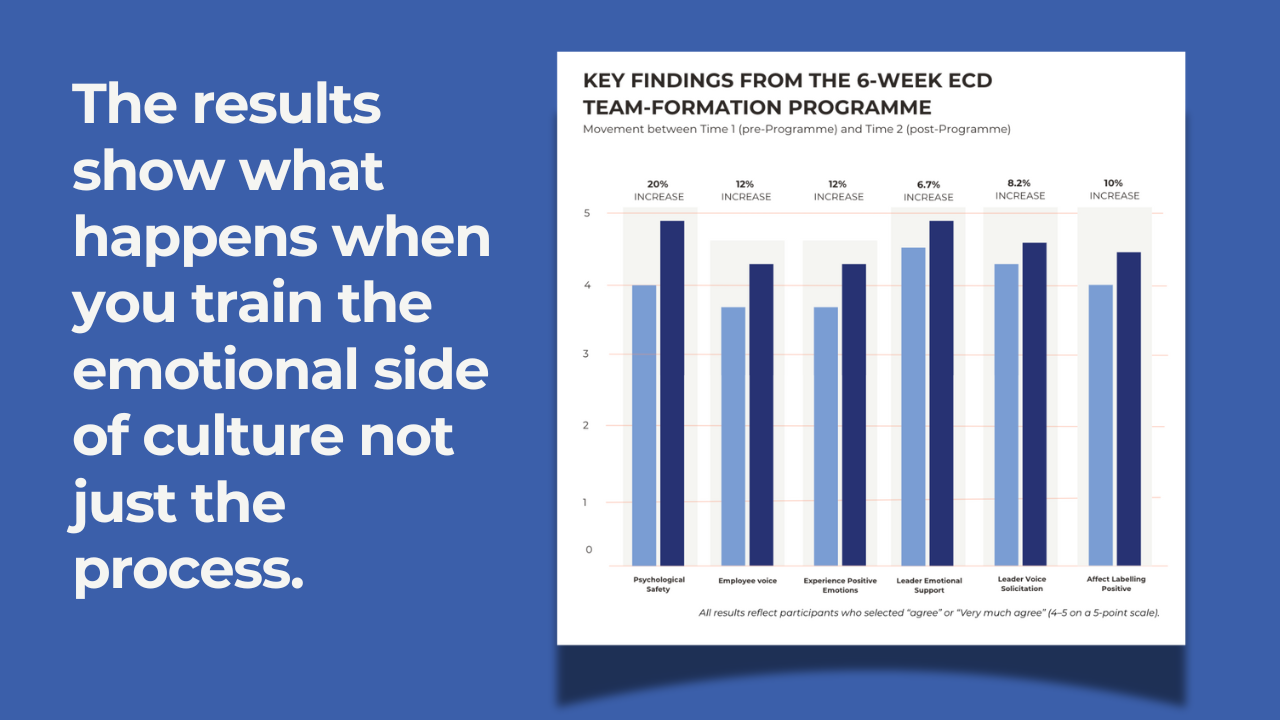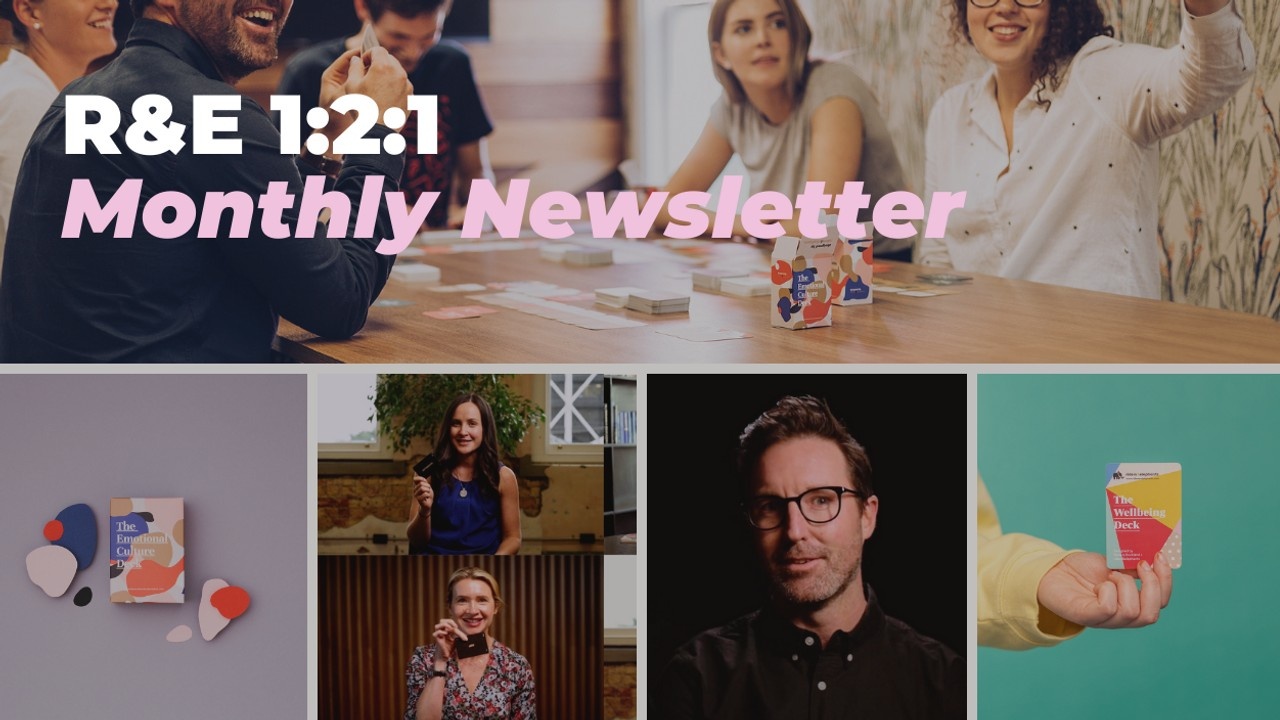Rehumanising Work
Hi Jeremy here! Welcome to another edition of my monthly newsletter. This goes out to over 50,000 leaders worldwide, connected by our shared passion for crafting emotional cultures and creating more emotionally aware leaders and teams.
In your 1:2:1 this month, you'll discover:
- 1 ECD Activity: Best & Worst Change Activity
- 2 pieces of content to inspire: Millennial Managers Can Change Company Culture for the Better + Analysing the Difference Between Recognition and Appreciation For a Thriving Workplace
- 1 Tool/Activity Worth Testing: Design Rituals Canvas by Fearless Culture
- ECDTV Episode: From Firefighters to Teachers to Restructures. Breakthrough ECD Stories.
Scroll down to discover more about rehumanising the places we work and live...

1 ECD Activity: To Experiment
Here’s how this simple ECD activity works:
-
Part 1: Think of the BEST change experience you’ve been part of; pick 1 black feeling card that describes how you felt in that change. Plus, share what you learned from that experience.
-
Part 2: Think of the WORST change experience you’ve been through. Pick one white feeling card that describes how you felt during that change. Then, share what you learned from that experience.
You'll be shocked about how much conversation this sanely simple activity creates and how much you learn about what matters to your people!
ECD Change Leadership Workshop & Canvas
The ECD Change Leadership Canvas is a tool for leaders, guiding them through both self-reflection on past change experiences and planning for future transitions. It aids leaders in identifying desired emotions within their teams during change and highlights essential leadership actions to ensure a smooth transition.
In the practical application of this workshop, KPMG in New Zealand adopted this Change Leadership Canvas, using it as a pivotal tool to guide their leadership teams through significant workplace change. Learn more about KPMG's successful rollout across New Zealand leadership here >
Get the ECD Change Leadership Canvas & Workshop here >2 Pieces of Content:
To Inspire
Here are two pieces of content that I hope will help you see the world slightly differently and provoke you to do the work that matters to humanise the workplace.

by Ursula Kralova
More than 60% of millennials now have direct reports, giving them the opportunity to drive real change within their organizations and on the teams they lead. By fostering transparency, trust in remote work, autonomy, emphasis on company purpose, and holistic employee support, managers can create a more fulfilling work environment...
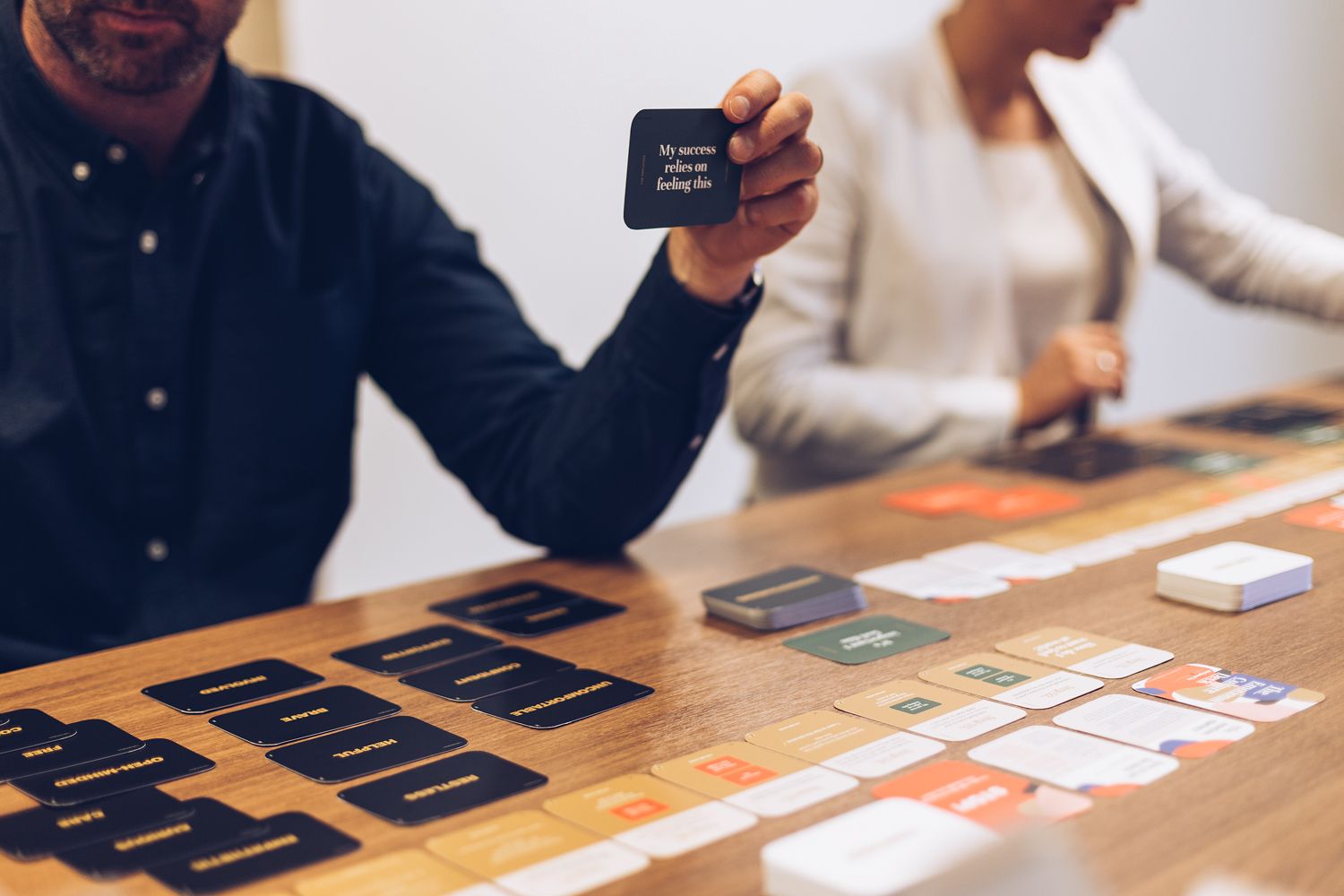
Emotion
2. Analysing the Difference Between Recognition and Appreciation For a Thriving Workplace
by Alicyn Zall – WorkHuman
How do we help our people feel recognised and appreciated? What's the difference? Understanding the difference between recognition and appreciation is the first place to start. Recognition highlights accomplishments, while appreciation conveys gratitude for who someone is as a person...

1 Tool: To Play
Design a Team Ritual
by Fearless Culture
Workplace behaviours can happen without much thought or they can be intentiuonal. Team Rituals are regular, consistent habits that everyone in a team performs together. They help our brains get used to doing things in a certain way, which can lead to success. Workplace rituals bring people closer and create a sense of belonging. They are purposeful. Ritual design is a way to carefully plan changes. It involves creating small, meaningful actions that encourage the behaviours an organisation wants to see. The Design Team Ritual Canvas is a helpful tool for shaping the culture of your workplace on purpose.
Check it out here >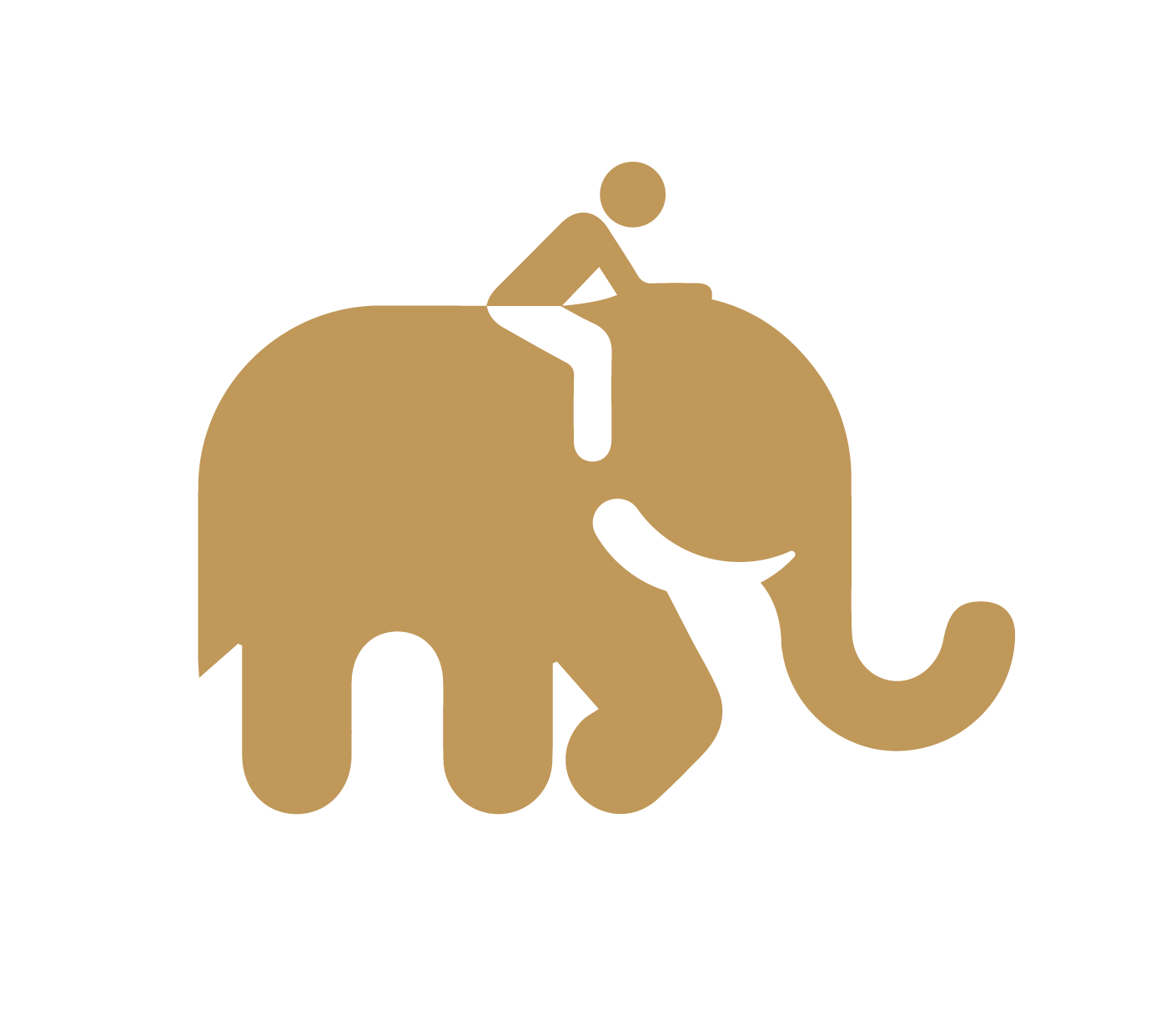
Something I've been pondering...
"The emotional side of change is so often underestimated, overlooked, or ignored altogether. We obsess over models of change when we should focus on the emotions our people experience through change. But emotions matter more than models. Or, another way to put it is that models don’t work unless you understand and help shape the emotions of the people in them."
ECDTV.
New ways. New ideas. New answers. New perspectives. Watch the latest ECDTV videos here...
In this episode of ECDTV, we hear from three Elephant Riders Adam, who works with firefighters and school teachers, shares how a game helped teachers and students after lockdown and enabled firefighters to have important conversations about emotions. Molly Workman discusses helping displaced workers find new skills through Emotional Culture Deck awareness exercises. Lotty Roberts, explains how she encourages teams to embrace the game, highlighting the importance of providing a space for people to share their emotions.
What you might have missed...
Enter your email to get these monthly insights and updates.
We hear you.
At riders&elephants we believe in people’s right to express themselves and to tap their emotions to challenge and shift behaviours. Our games help people speak their truth through simple, powerful words. It’s time to lay your cards on the table.
Join us here now >
